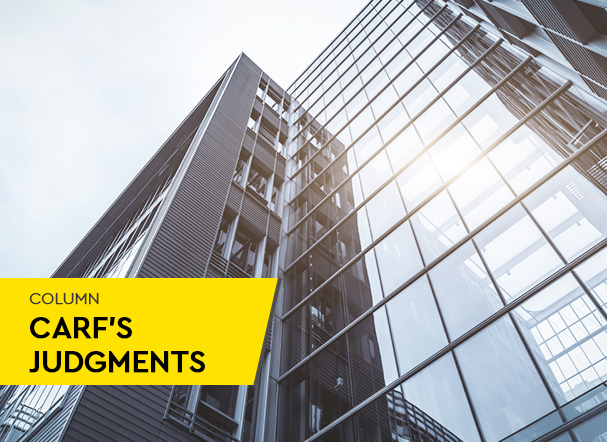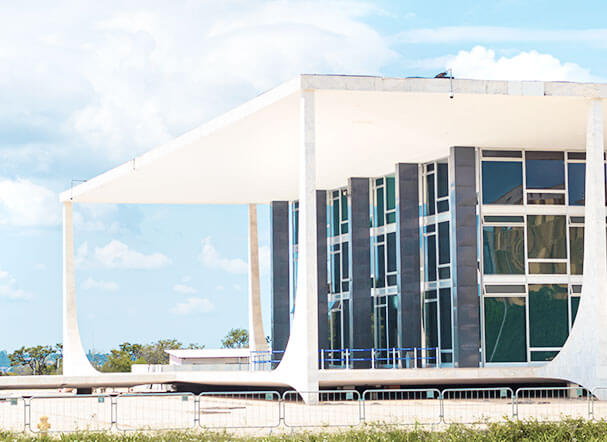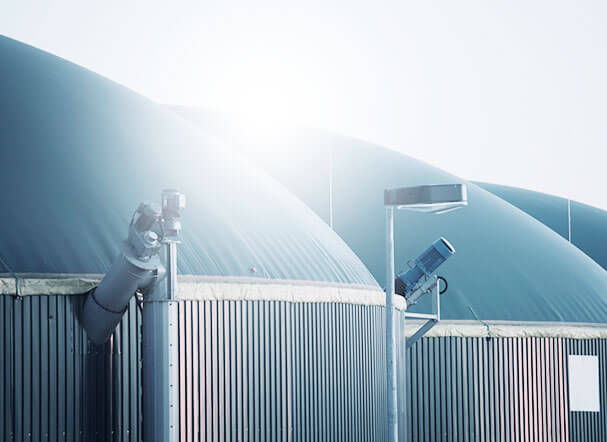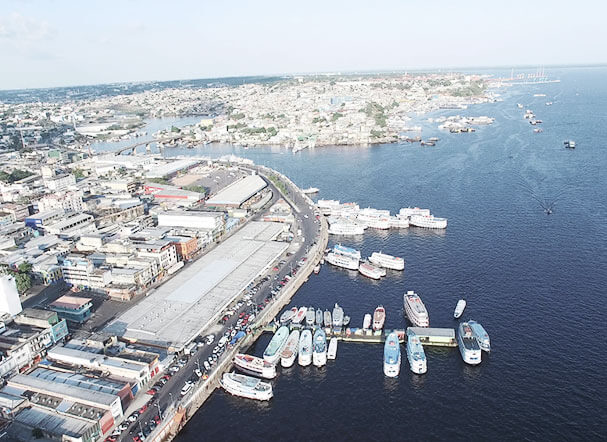Publications | Tax
Taxpayers were surprised earlier this year by an important decision of the Superior Court of Justice (STJ) in the case file of Special Appeal 1.826.124/SC. The 1st Class of the Court unanimously recognized the possibility of customs review even after the customs clearance has been submitted to conference procedures (i.e., having gone through inspection channels that require more detained analysis of imported goods). The decision is in line with what has been strongly defended by taxpayers, especially in cases relating to the tax classification of products.
Defined as the "word of the year" of 2021 by Collins Dictionary, the NFT, acronym for the term Non-Fungible Token (or, in Portuguese, ”token não fungível”), has increased the attention from entrepreneurs and investors in recent years.
The current scenario in the Brazilian Administrative Tax Appeals Court (Carf) is marked by uncertainties, with decisions defending accumulation of fines and others in the opposite direction. The understanding of the Supreme Court and the Superior Court of Appeals is based on the doctrine of absorption for situations of concurrent levies, although Carf needs not observe it.
The Brazilian Supreme Court softened the effects of the decision that recognized as unconstitutional levying of the tax by the states and decided that they are effective as of April 21, 2021.
For the tax authorities, young apprentices are linked to the Brazilian General Social Security Regime and compulsorily insured, which justifies the requirement of social security contributions. But decisions to the contrary have been handed down in federal courts.
The new rule defines the types of debt that can be negotiated and the obligations to be fulfilled by the taxpayer who opts for the new kind of settlement.
Tax will focus once on the supply chain and should be collected by producers or importers.
Fixed rate of R$ 1,006 on liter of diesel begins to be charged on July 1. States were also allowed to use equalization factors of the tax burden.
The reporting judge, Justice Nunes Marques, found that the rule meets the principle of reasonableness, and most justices followed him.
New rules regulate procedural case settlements and the voluntary settlement of disputes involving the State Public Administration. The purpose is to reduce tax litigation and administrative and judicial disputes.
Decree No. 11,003/22 paves the way for negotiations between the private sector and the Brazilian government to structure new projects in the segment.
Interpretation of the court gives room for discussion, because it does not with the standard and legal regime applicable to the Manaus Free Trade Zone.
Page 8 of 19













